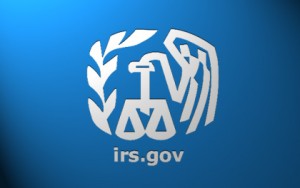Mt. Gox registers with FinCEN
 Late last week the Japan based exchange received an MSB license from US financial regulator FinCEN, license #31000029348132.
Late last week the Japan based exchange received an MSB license from US financial regulator FinCEN, license #31000029348132.
The exchange market leader had a run-in with US regulators earlier in the year when their US subsidiary, Mutum Sigillum LLC, had its bank account and Dwolla account shut down due to a lack of licensing. Soon afterwards the site changed their policies requiring all customers wishing to perform any USD withdraws/deposits to first verify their identity. As the majority of Mt. Gox’s businesses is in USD/BTC trades, their decision to appease US regulators is unsurprising.



